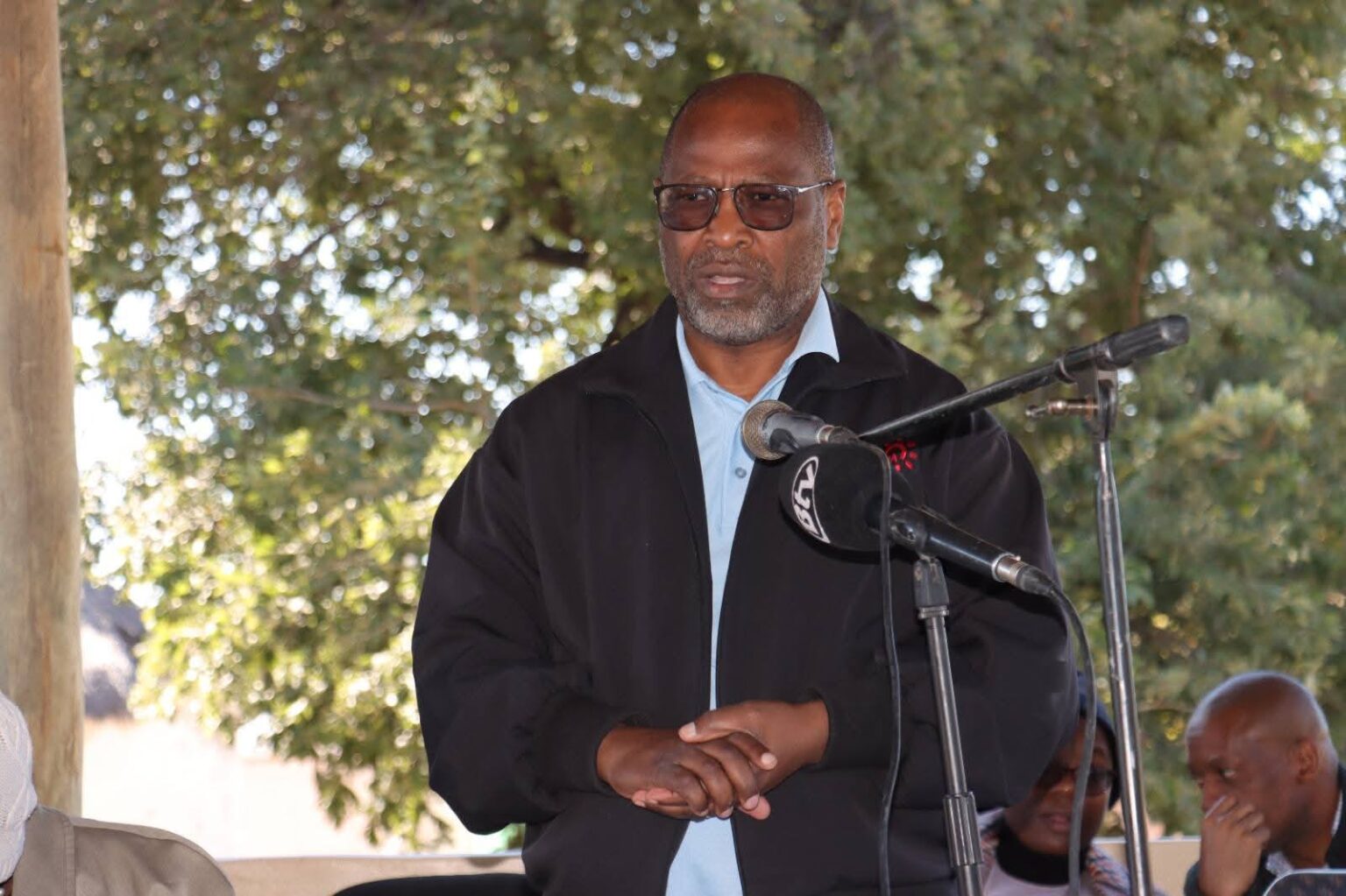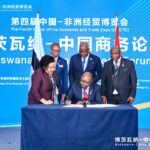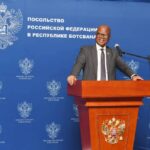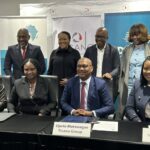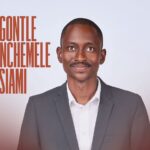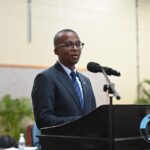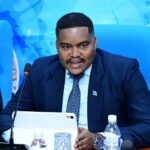Residents from the settlements of Qangwa, Xaxa, Xaixai, Magopa, Xoshe, Dobe, and Magopa in Botswana’s Okavango District recently gathered at the Qangwa kgotla for a vital community consultation meeting led by an Inter-Ministerial Committee. The meeting provided a platform for residents to express their concerns and propose solutions aimed at improving their living conditions and preserving their cultural heritage.
A major concern raised during the meeting was the gradual erosion of traditional cultural practices. Community members voiced worry that their cultural identity is fading due to limited support and recognition for cultural events. They stressed the importance of reviving traditional festivals, dances, and storytelling to ensure these customs are passed down to future generations. Residents urged the government to provide resources and platforms to help sustain and celebrate their cultural heritage, particularly that of the Basarwa people.
Another emotional issue highlighted was restricted access to ancestral burial grounds, many of which are located within national parks. These sites are spiritually and culturally significant, and residents argued that current conservation policies hinder their ability to perform essential ancestral rituals. They appealed for government intervention to allow access to these sacred sites, proposing adjustments to park boundaries or the implementation of special permissions to conduct cultural ceremonies.
Residents also called for the Basarwa people to be officially recognized in the Constitution as the First People of Botswana. They believe this recognition would promote inclusion and ensure their concerns are addressed at the national level. Additionally, they advocated for representation in the Ntlo ya Dikgosi by a Mosarwa, emphasizing that such representation would give their community a stronger voice in national affairs. Some residents also recommended that local leadership positions be held by members of the Basarwa community to better reflect their cultural values and lived experiences.
On the topic of healthcare, the community proposed that individuals with a natural ability in childbirth assistance be formally trained in midwifery. They argued that this would significantly improve emergency response in remote areas, where medical facilities are often far away. By empowering local individuals with these skills, the community believes maternal and child health outcomes would be greatly enhanced.
The consultations at Qangwa marked an important moment for dialogue between the government and communities in the Okavango District. Residents expressed hope that the issues and proposals raised would lead to meaningful change, offering a path toward greater inclusion, cultural preservation, and improved services for marginalized communities.


